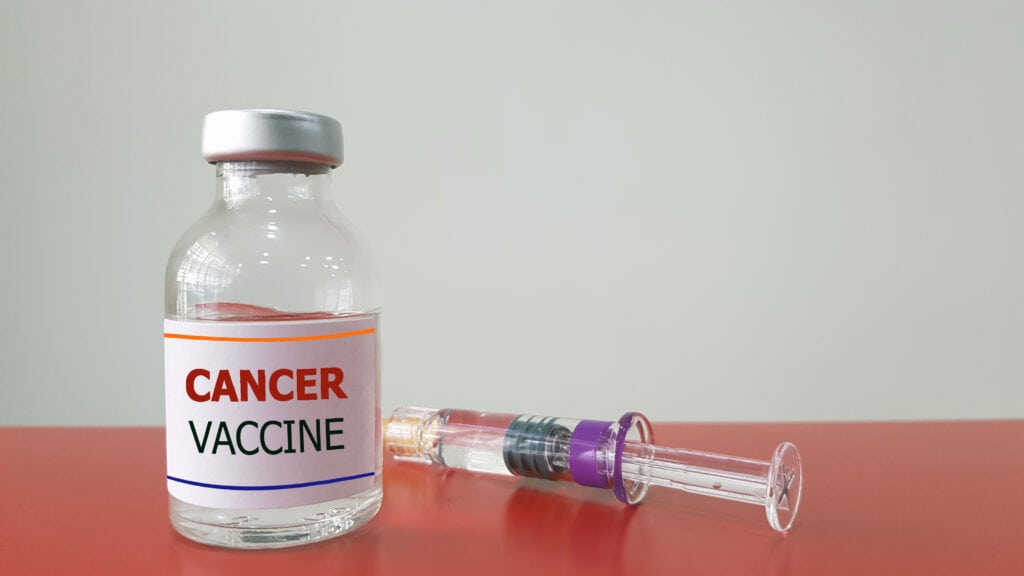
Vaccines have proven effective in eradicating deadly diseases over time and are showing great promise in stopping the spread of the COVID-19 virus across the world.
While it might seem as if the COVID-19 vaccine was created in a matter of months, the research for it had been underway for decades.
Prior to their work on development of the Pfizer/Moderna COVID-19 vaccine, scientists Ozlem Tureci and Ugar Sahin studied fighting cancer with immunotherapy – a process in which the body’s immune system is taught to recognize cancer cells and kill them. In early 2020, they joined other doctors and scientists and shared their knowledge to help develop an mRNA vaccine to stop COVID-19. mRNA is a single strand of genetic material that copies instructions from DNA and is used to make proteins necessary for the chemical reactions of the body, messages between cells in the body, and other essential functions of the body. Scientists can make an mRNA strand that will make a protein associated with the virus and when injected into the human body that made protein is seen as an invader and the immune system responds to the threat.
Given the effectiveness of the COVID-19 vaccine, there is a lot of interest in whether vaccines can be effective in the treatment of breast cancer.
Susan G. Komen Scholar Keith Knutson, Ph.D., has been working on vaccines since the 1990s for patients who have been through breast cancer to try and prevent it from recurring.
“There’s a lot of excitement with respect to moving vaccines into the secondary prevention setting, which is a setting immediately after first diagnosis to prevent the disease from coming back. That’s what vaccines are good at doing, preventing disease.”
Research also shows that there could be a role for vaccines in preventing breast cancer from ever occurring, Knutson said.
“We think we’ll be able at some point someday to use a vaccine to prevent breast cancer development globally in individuals,” he said. “We have to find the safe way to do that but that’s something that we’re actively involved with, as well.”
According to Komen Scholar Dr. Nora Disis, “The technology that’s being used now in the COVID-19 vaccine could tackle cancer, because the technology was actually developed for a cancer vaccine. We have been using mRNA and DNA to immunize cancer patients for over 10 years.”
Disis said that in cancer care you really need to be able to get an immune response going quickly because patients have tumors that are growing, often rapidly. The mRNA vaccines have proven to be able to generate high levels of immunity rapidly, compared to protein and peptide vaccines, and when combined with other forms of immune therapy, have the potential to be very effective.
Clinical trials are currently testing which combination of breast cancer vaccines and added therapies will be most effective. Disis said she believes we’ll have an answer very soon on whether using immune checkpoint inhibitors with a cancer vaccine is something that can be used in clinical settings. Checkpoint inhibitors are the most widely used type of immunotherapy drugs. These drugs “take the brakes off” the natural factors that limit how the immune system can control tumor cells.
As far as using a vaccine to prevent breast cancer from ever occurring, Disis says that is really the “long-term vision.” She doesn’t think it will be a vaccine that everyone gets when they turn 18, rather she thinks it could be very effective in people who are at a high risk of getting breast cancer.
“I think it’s going to be something more like a risk case. The greater the risk you have of breast cancer, the more likely you should potentially receive a breast cancer vaccine,” Disis said.



